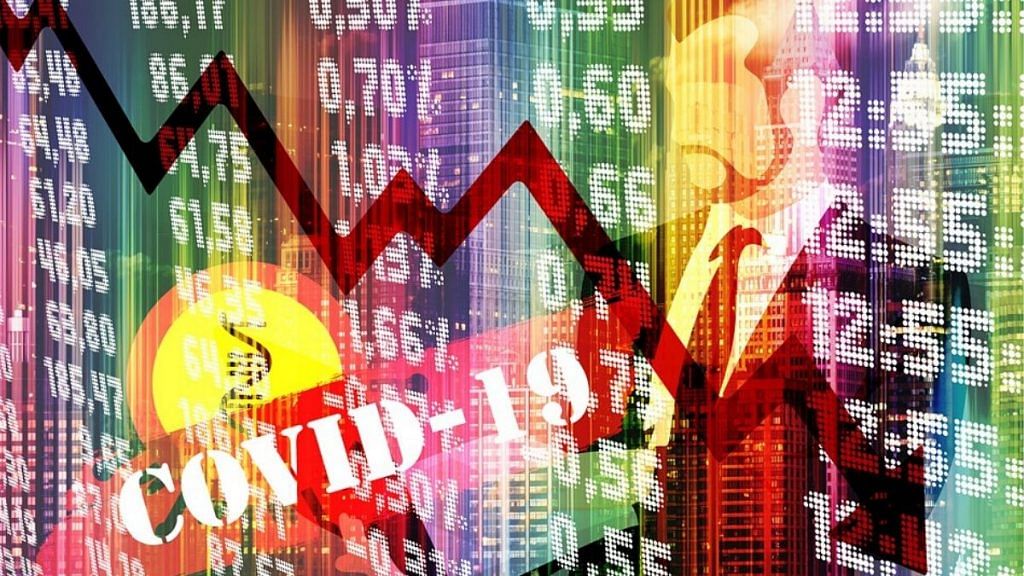As the world wrestles with the unprecedented implications of the COVID-19 coronavirus pandemic, “we are facing a human crisis unlike any we have experienced” and our “social fabric and cohesion is under stress.”
That was the assessment of UN Deputy-Secretary-General Amina J. Mohammed during a digital meeting of the Forum’s COVID Action Platform on 8 April.
Launched last month, the platform aims to convene the business community for collective action to protect people’s livelihoods, facilitate business continuity and mobilize support for the global response to the virus. To date, more than 1,300 companies, organizations and individuals have joined the platform.
In addition to Deputy-Secretary-General Mohammed, participants on this week’s digital meeting included Christine Lagarde, President of the European Central Bank and Member of the Forum’s Board of Trustees; Jeremy Farrar, Director of the Wellcome Trust; Brian Moynihan, CEO of Bank of America and Chair of the World Economic Forum’s International Business Council; and André Hoffmann, Vice Chairman of Roche and Member of the Forum’s Board of Trustees.
Here are some of the key quotes from the call:
On the economic impact of the crisis:
“We have moved to a recession that will be worse than the one we experienced in 2008,” said Mohammed.
“Given the nature of the crisis, all hands should be on deck, all available tools should be used,” said Lagarde. “We are providing support, as attractively as we can, so that from the household to the large big corporate account, all economic players can access financing through their banks,” she added.
Moynihan noted: As a result of central bank actions across the globe, markets have been “flooded with liquidity that has been able to stabilize markets to a certain degree across the board.”
On the role of business:
“The number one thing is to focus on is employees and customers,” Moynihan said on how companies should set priorities and manage the ongoing crisis. When it comes to taking care of employees, he added, the goals should be: “keep them well, keep them employed and keep them mentally healthy.”
Moynihan also encouraged businesses of all sizes to adopt the Stakeholder Principles endorsed by the World Economic Forum and businesses on 1 April: to keep employees safe; to secure shared business continuity with suppliers and customers; to ensure fair prices for essential supplies for end consumers; to offer full support to governments and society; to maintain the long-term viability of companies for shareholders; and to continue sustainability efforts, including to fight climate change.
Mohammed, meanwhile, said companies should focus on “scaling up production, making sure supply chains are alive and reliable,” retaining workforce and engaging young people.
On the need to find a vaccine:
“This infection is not going to disappear…without science leading us to vaccines, we will get second and third waves of this,” said Farrar on the long-term destructive damage the coronavirus could wreak on the globe.
“Unless we do produce drugs and vaccines we are not going to have an exit strategy,” he added.
Similarly, Hoffmann said: “There is no solution to this crisis without a properly functioning vaccine.”
This article was first published in World Economic Forum
